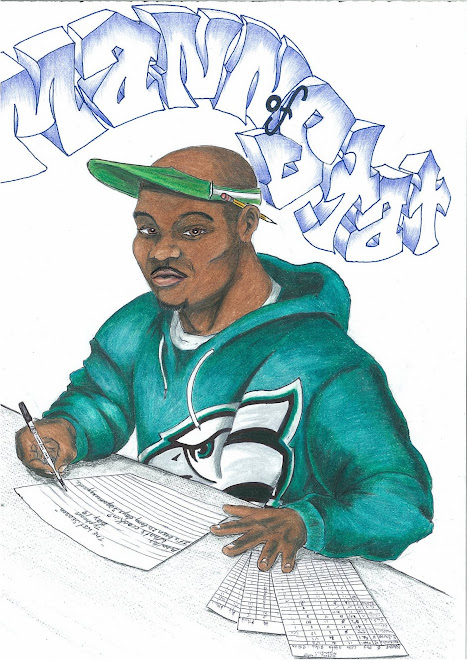“If I answered all criticism, I’d have time for nothing
else.”
President Abraham Lincoln
Hotep,
Why are we so in tune with using a fast food drive thru
rather than going inside of the establishment to order our food? Have we forgotten the monumental “sit-in” of
the Civil Rights era?
Now tell me: at
what point did sitting in the back of the bus become the general placement for
the cool kids? Without the legal
ramification of being removed from the bus, we will by-pass the empty seats at
the front and walk directly to the rear – subconsciously perpetuating the
racial injustice that led to the infamous bus boycotts in Montgomery, Alabama
during the 1960s.
At the age of 14, Dr. Martin Luther King, Jr. won an
oratorical contest in Dublin, Georgia sponsored by the Negro Elks. Ironically, the subject matter of his speech
was “The Negro and the Constitution.” On the bus ride back to Atlanta, he and
his schoolteacher, Mrs. Bradley, were forced to stand in the aisle for the
duration of the 90 miles.
The white bus driver insisted they give up their seats to
white passengers. In an interview with
Playboy Magazine (1965), Dr. King describes that moment as the angriest he had
ever been in his life. Obviously, this
was a dark period that preceded the dawn of the Montgomery, Alabama bus
boycotts, and the historical achievements that labeled Ms. Rosa Parks as the
first lady of the Civil Rights Movement.
The darkest days these pioneers were forced to endure have
made way for the dawn of a new era. An
era in which so many of us have elected to stem the progression of civil
disobedience by rationalizing the plights of inequality and racial injustice as
being the norm.
The persistence of a leader is what gets him/her through
their journey. A leader will reach their
potential the best way they can. It
doesn’t matter if the road of travel is paved, riddled with potholes, or leads
to a bridge road blocked by angry racist.
The leader will meet his/her destination because there is a purpose etched
within their journey.
In the process, a trail is blazed for upcoming generations
to evolve – not regress. As an elder of
the “upcoming generations,” I am obligated to articulate the similarities
between today’s platforms for activism (death penalty debate, culturally biased
voter registration laws, and same sex marriage) and the quest for seeking
equality under the umbrella of civil rights (integration of schools, local
sit-ins, the right to vote and interracial marriage).
Dr. King’s legacy is the blueprint for being a societal
thermostat; one who changes an environment and molds the popular opinion. I do not have the luxury of discussing my
personal journey with Dr. King, but for some reason I can hear him advising me
through his words from 1965:
“You can’t
ride a man’s back unless it’s bent.”
I choose to walk upright as we embark on the 5th
years of the W2TM journey. This brand of
journalism is an ongoing homage to the memory of the great Dr. Martin Luther
King, Jr., and his belief in nonviolence being a powerful and just weapon. I am the change I wish to see in the world.
Peace and Love,
MannofStat
Copyright © 2015 by Leroy Elwood Mann


Such deep and profound words Leroy. I loved the remarks about the cool kids and the bus. Something I had never thought of but so on point. Thank you for your wisdom!
ReplyDeleteJennifer,
ReplyDeleteThank you for keeping the literary fire burning. Our last session was 'all good.'
Be Easy